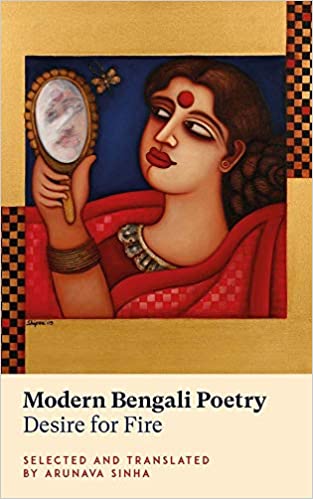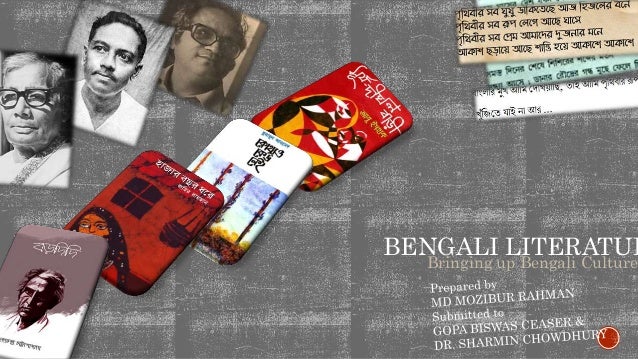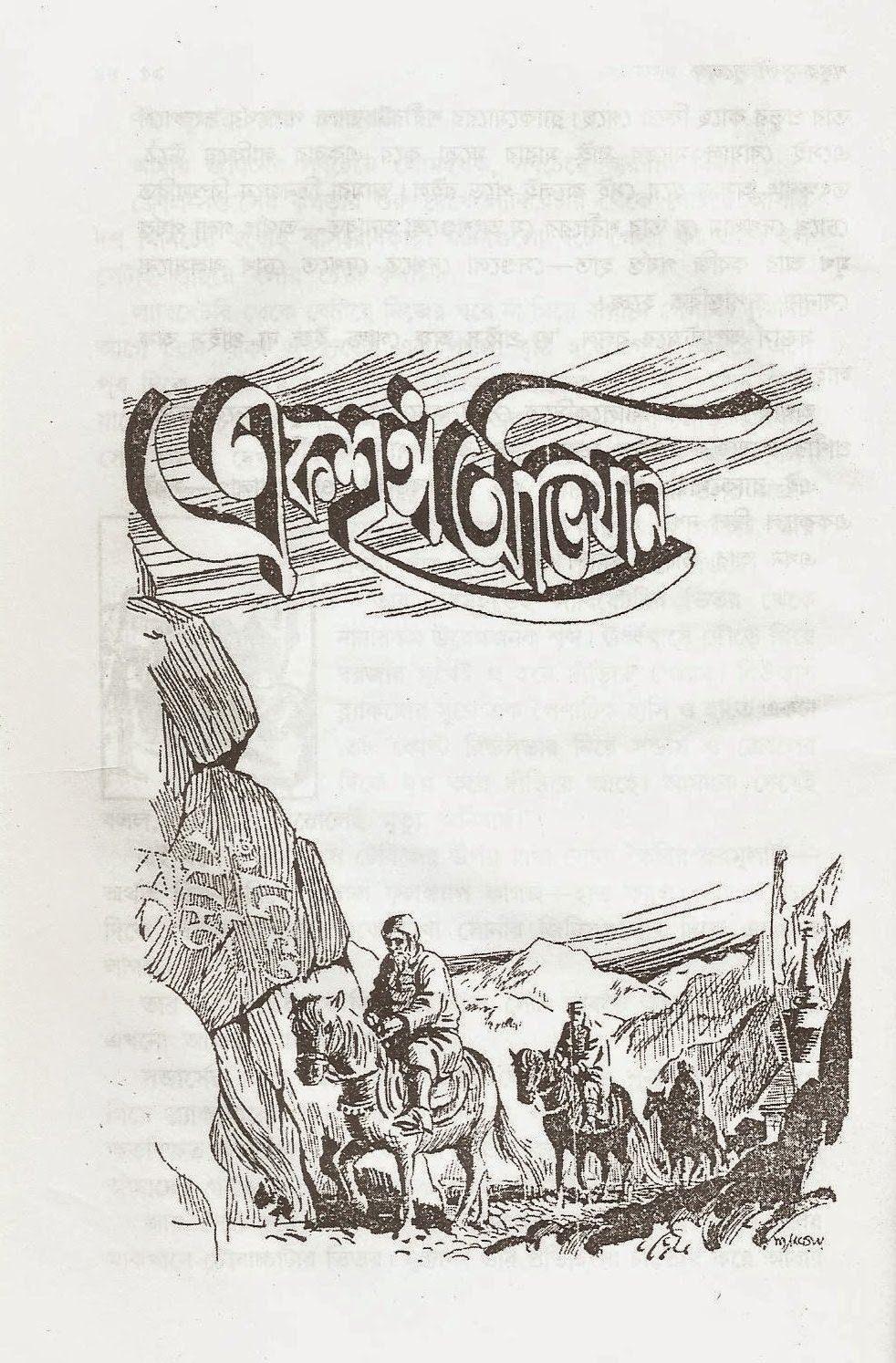Bengali Literature Presentation
| Introduction to Bengali Literature | ||
|---|---|---|
| Bengali literature refers to the body of literary works written in the Bengali language, primarily in the region of Bengal, which includes present-day Bangladesh and the Indian state of West Bengal. It has a rich history that spans over a thousand years, with significant contributions from renowned poets, authors, and playwrights. Bengali literature reflects the cultural, social, and political aspects of Bengal, showcasing its vibrant traditions, struggles, and aspirations. |  | |
| 1 | ||
| Medieval Bengali Literature | ||
|---|---|---|
| Medieval Bengali literature, dating from the 10th to the 18th century, was dominated by religious and mystical themes. The Charyapada, a collection of mystical poems, is considered the earliest known work of Bengali literature. Notable medieval Bengali poets include Jayadeva, Vidyapati, and Chandidas, who explored themes of love, devotion, and spiritualism. | ||
| 2 | ||
| Renaissance and Enlightenment Period | ||
|---|---|---|
| The 19th-century Bengal Renaissance marked a significant turning point in Bengali literature, with a focus on social reform, education, and nationalism. Rabindranath Tagore, one of the most celebrated Bengali authors, won the Nobel Prize in Literature in 1913 for his collection of poems, Gitanjali. Other prominent writers of this period include Bankim Chandra Chattopadhyay, Michael Madhusudan Dutt, and Ishwar Chandra Vidyasagar. | ||
| 3 | ||
| Modern Bengali Literature | ||
|---|---|---|
| Modern Bengali literature emerged in the 20th century, encompassing a wide range of genres such as novels, short stories, and plays. Satyajit Ray, a renowned filmmaker and writer, brought international recognition to Bengali literature with his iconic detective character, Feluda. Taslima Nasreen, a controversial figure, has made significant contributions to contemporary Bengali literature through her thought-provoking works. | ||
| 4 | ||
| Influence of Bengali Literature | ||
|---|---|---|
| Bengali literature has had a profound impact on the cultural and intellectual landscape of Bengal and the Bengali diaspora worldwide. It has played a crucial role in shaping the national identity and pride of Bengali-speaking people. Bengali literature has inspired numerous adaptations in film, theater, and other art forms, making it a vibrant and influential literary tradition. | ||
| 5 | ||
| Notable Works of Bengali Literature | ||
|---|---|---|
| "Gitanjali" by Rabindranath Tagore: A collection of poems that earned Tagore the Nobel Prize in Literature. "Pather Panchali" by Bibhutibhushan Bandopadhyay: A classic novel that inspired Satyajit Ray's acclaimed film of the same name. "Shesher Kobita" by Rabindranath Tagore: A romantic novel that explores love, relationships, and the complexities of human emotions. | ||
| 6 | ||
| Bengali Literature Today | ||
|---|---|---|
| Bengali literature continues to thrive with new voices emerging and exploring diverse themes and narratives. The annual Kolkata International Film Festival and Kolkata Literature Festival celebrate the rich literary heritage of Bengal. Translations of Bengali literature have made it accessible to a broader global audience, further enriching the literary world. | ||
| 7 | ||
| Conclusion | ||
|---|---|---|
| Bengali literature is a treasure trove of diverse literary works that reflect the cultural, social, and historical nuances of Bengal. From ancient mystical verses to modern thought-provoking novels, Bengali literature continues to captivate readers worldwide. Its enduring legacy and impact on various art forms make it an integral part of the global literary landscape. | ||
| 8 | ||
| References (download PPTX file for details) | ||
|---|---|---|
| Ahmed, A. F. Salahuddin. (2012). "Bengali Lit... Das, S. (2019). "Bengali Literature." In Oxfo... Your third bullet... |  | |
| 9 | ||






.jpg)